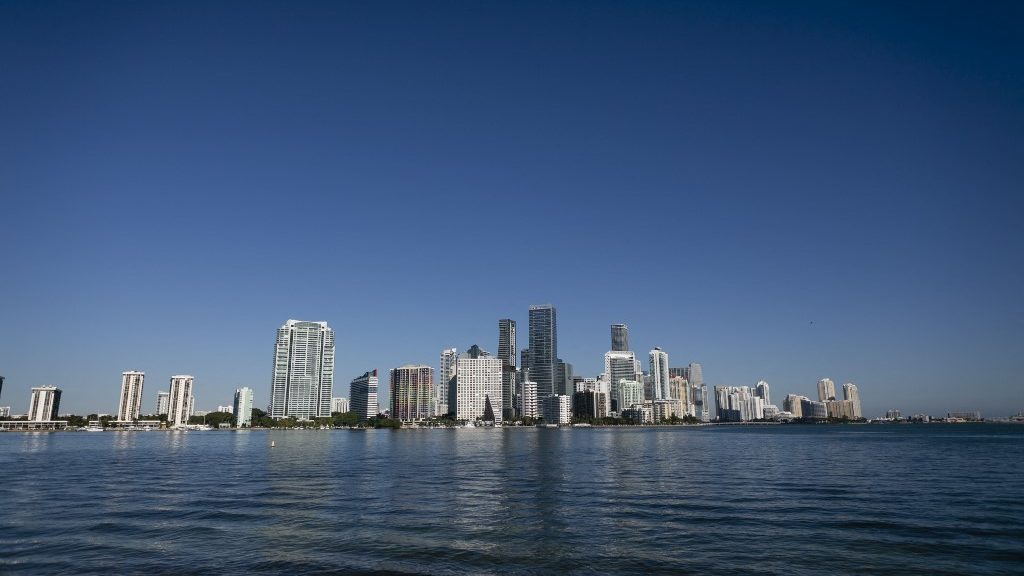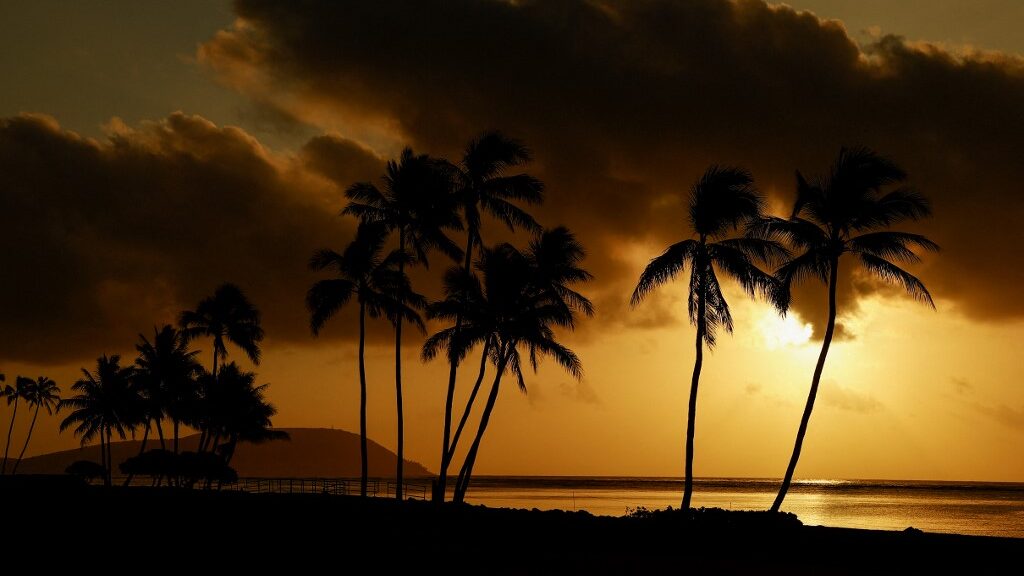
A broad and sweeping legal sports betting platform in the state of Florida took a major step forward Friday with the announcement that the U.S. Department of the Interior informed Seminole Chairman Marcellus Osceola that it has officially approved the negotiated revisions to the compact between the tribe and the state of Florida.
The approval ensures that at least one legal mobile sportsbook under the Seminole Tribe umbrella will go give in the Sunshine state, likely by the end of the year. Gov. Ron DeSantis, on news of the Department of the Interior said: “The final approval of this historic gaming compact is a big deal for the State of Florida. This mutually-beneficial agreement will grow our economy, expand tourism and recreation and provide billions in new revenue to benefit Floridians.”
Findings of the Department
There had been a number of objections to the deal between the State and the Seminole Tribe regarding the impending legal sports betting platform launch. There are questions of whether or not the renegotiated compact revisions violated Federal law. Opponents challenged the requirement that all mobile bets would have to take place on tribal lands. As it stands, the Department has stipulated that as long as servers for mobile betting are located on tribal territory, the Seminoles could proceed with a broad internet-based platform that would be available across the state.
“Pursuant to the 2021 Compact and the Implementing Law, sports bets initiated by persons located physically anywhere within Florida (or even outside the state) are ‘deemed’ to have occurred on Indian lands because the ‘servers’ and ‘devices’ purportedly receiving the bets are to be located on the Tribe’s reservation,” one plaintiff wrote in the lawsuit.“ ‘Deeming’ the bet to have been placed on Indian lands because the servers are located there contradicts decades of well-established precedent interpreting applicable federal law. Contrary to the legal fiction created by the 2021 Compact and Implementing Law, a bet is placed both where the bettor and the casino are each located.”
The U.S. Department of the Interior ruled against that argument, however saying: “The IGRA should not be an impediment to tribes that seek to modernize their gaming offerings.” In Oklahoma, their tribes have been granted permission to run mobile sites off their Tribal lands and in New Jersey, all the states’ mobile apps originate in one area only – Atlantic City.
What It All Means
Florida has gotten the OK to launch what will be the nation’s largest sports betting market. With 21.5 million citizens (third largest in the US), a robust tourism sector, a rabid sporting culture and multiple professional teams in all four major North American sports, Florida is ripe for a sports betting platform. The compact calls for a minimum payment of $2.5 billion from the Seminoles to the state over the next five years and over $6 billion over the next decade.
Analysts expect the tribe to pay the Florida government between $500 and $600 million annually as part of the compact. Some estimates have up to 2,200 jobs being created by sports betting legalization and it puts the state’s three NFL teams, two MLB franchises, two NBA teams and two NHL teams which includes the 2021 Stanley Cup champion Tampa Bay Lightning on equal footing as others in the legal sports betting industry family.
What’s Next
There are numerous legal challenges expected in Florida in the coming months. But legal sports betting is widely expected to be available to Florida bettors sometime this year. It remains to be seen if and how the platform will be expanded and if that includes other entities besides the Seminoles gaining a piece of the lucrative Florida scene.
As it stands, the compact provides protection for pari-mutuel operations and their opportunity to participate in sports betting offered by the tribe. The pari-mutuel operators would be eligible for 60% of sports betting revenues while the other 40% will go to the tribe. October 15 is the date identified by regulators for Floridians to be able to place their first legal sports bets. But the Florida scene has been a complicated one from the outset however and promises to keep being so going forward.













